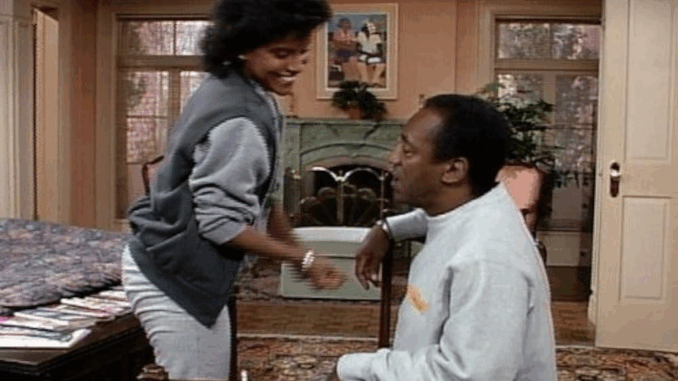
When The Cosby Show first aired in 1984, it was hailed as a cultural milestone. It redefined what American television could look like — warm, aspirational, unapologetically Black, and universally relatable. For years, it sat at the heart of pop culture. But in the age of #MeToo — when society has become more willing to confront sexual abuse and the power dynamics that enable it — The Cosby Show finds itself in a far more uncomfortable place.
Can a show so beloved, so formative, still have a place in our cultural memory when its creator stands accused of violating everything the show seemed to represent?
A Legacy Complicated by the Man Behind It
The fall of Bill Cosby has been one of the most public and painful reckonings of the #MeToo movement. More than 60 women have accused him of drugging and sexually assaulting them over decades. Though his 2018 conviction was later overturned, the cultural verdict is damning — and irreversible.
This poses a dilemma that many viewers, critics, and networks continue to grapple with: can we separate The Cosby Show from Cosby himself? Should we?
Unlike many other cases of “cancelled” celebrities, Cosby wasn’t just an actor in a role — he was the show. He co-created it, produced it, wrote for it, and starred as its moral center: Dr. Heathcliff Huxtable, a kind and wise father figure who preached values of respect, education, and integrity. That blurred line between character and creator now haunts every rerun.
Cultural Significance vs. Cultural Accountability
The #MeToo movement has taught us to listen to survivors, to question systems that protect powerful men, and to re-examine the media we once consumed uncritically. In that light, The Cosby Show can’t escape unscathed. Its cultural significance must now be understood alongside — not apart from — the harm caused by its creator.
Still, it’s also important to recognize what the show achieved. It changed how Black families were seen on screen. It influenced generations of sitcoms. It opened doors for Black writers, actors, and creators. It made a cultural impact that extended far beyond Bill Cosby alone.
For many Black viewers in particular, The Cosby Show still represents a moment of pride — a groundbreaking portrayal of Black excellence and family life that had never been shown before, and rarely since.
Erase, Archive, or Reframe?
So what do we do with The Cosby Show now? There are three common responses in our current cultural climate:
-
Erase it: Remove it from syndication and streaming. Treat it as too tainted to touch.
-
Archive it: Preserve it for historical and educational purposes, acknowledging both its achievements and the moral contradictions surrounding it.
-
Reframe it: Continue to watch and discuss the show, but through a critical lens that doesn’t ignore the truth about Cosby himself.
Each path carries weight. Erasure can feel like denial of cultural history. But uncritical celebration can feel like complicity. Perhaps the most honest approach is the one that acknowledges the full picture — honoring the work and contributions of the cast and creators while also respecting the pain of the victims and recognizing the failure of systems that once protected Cosby.